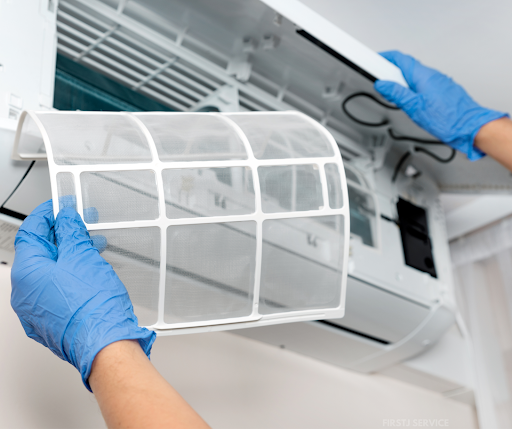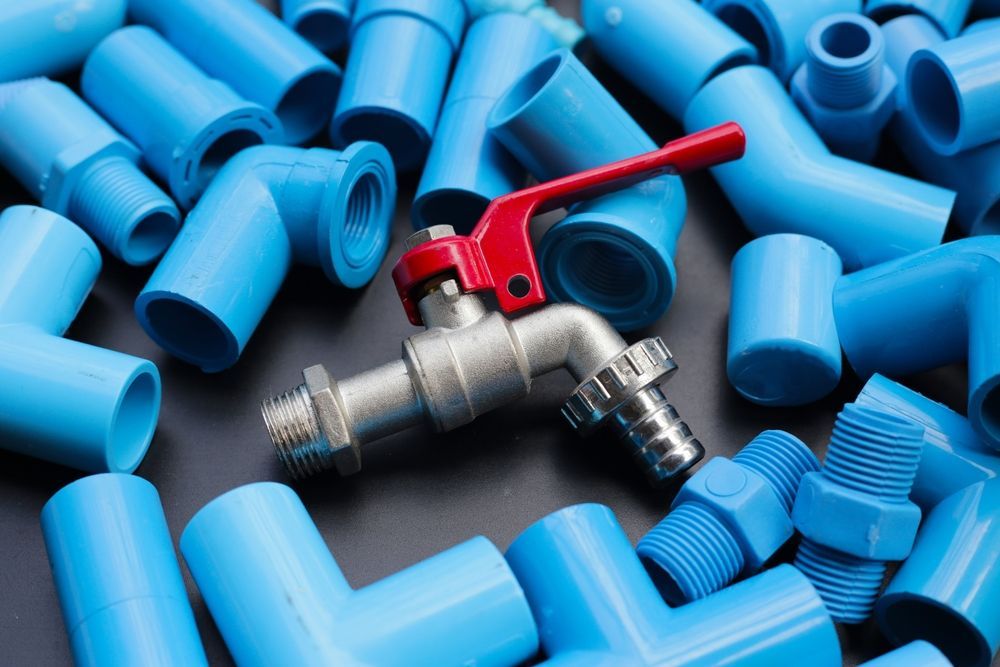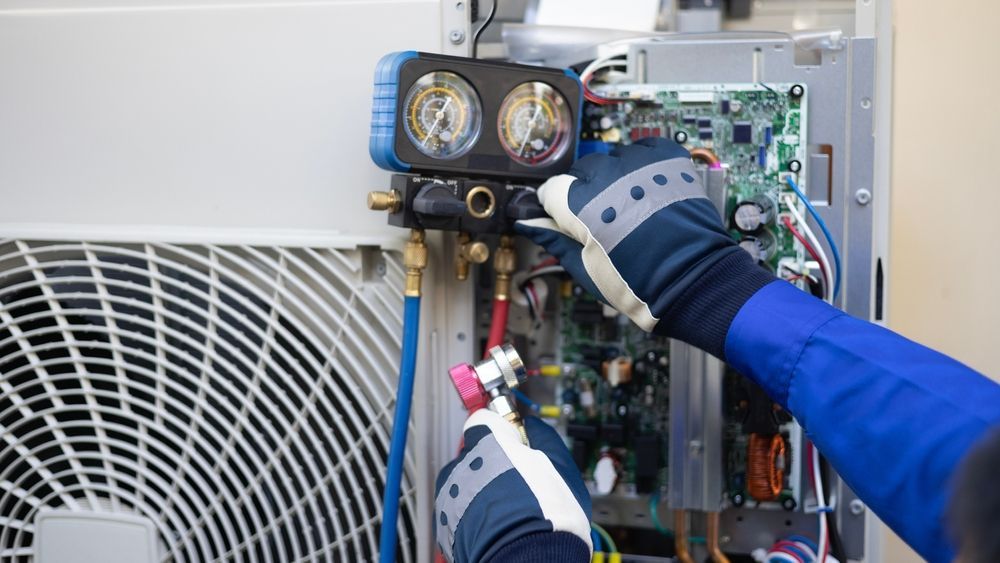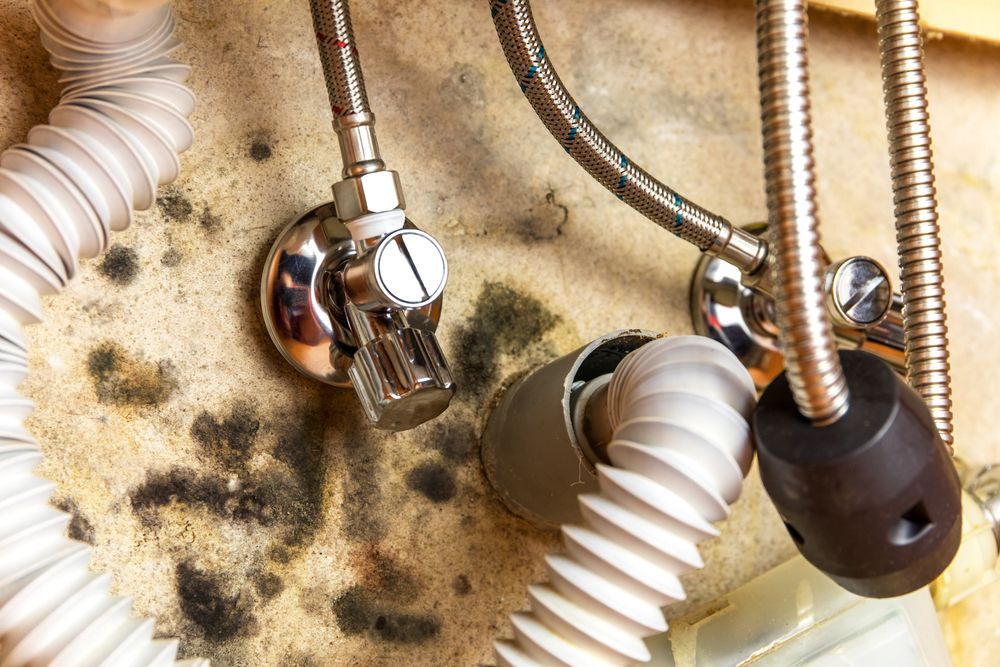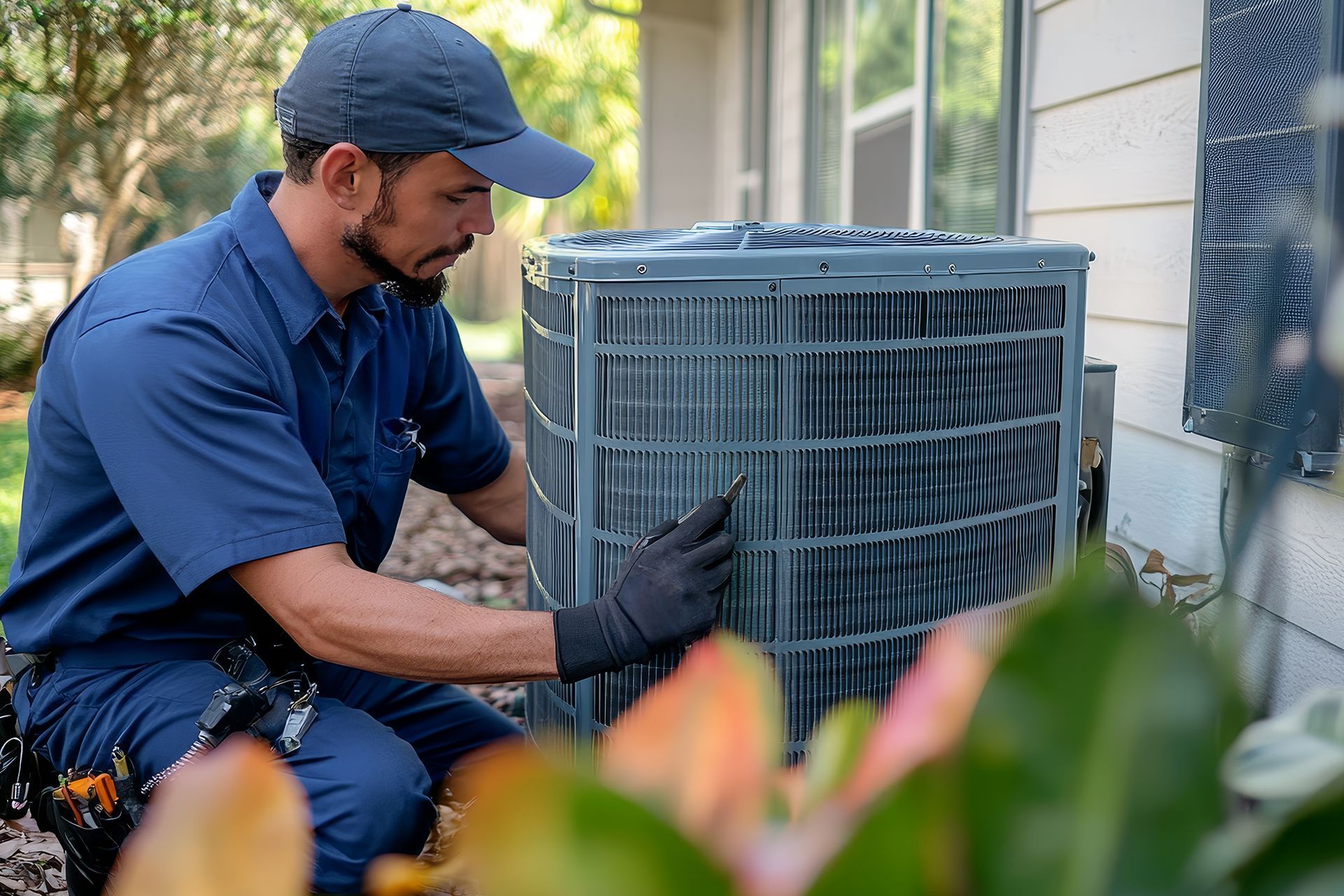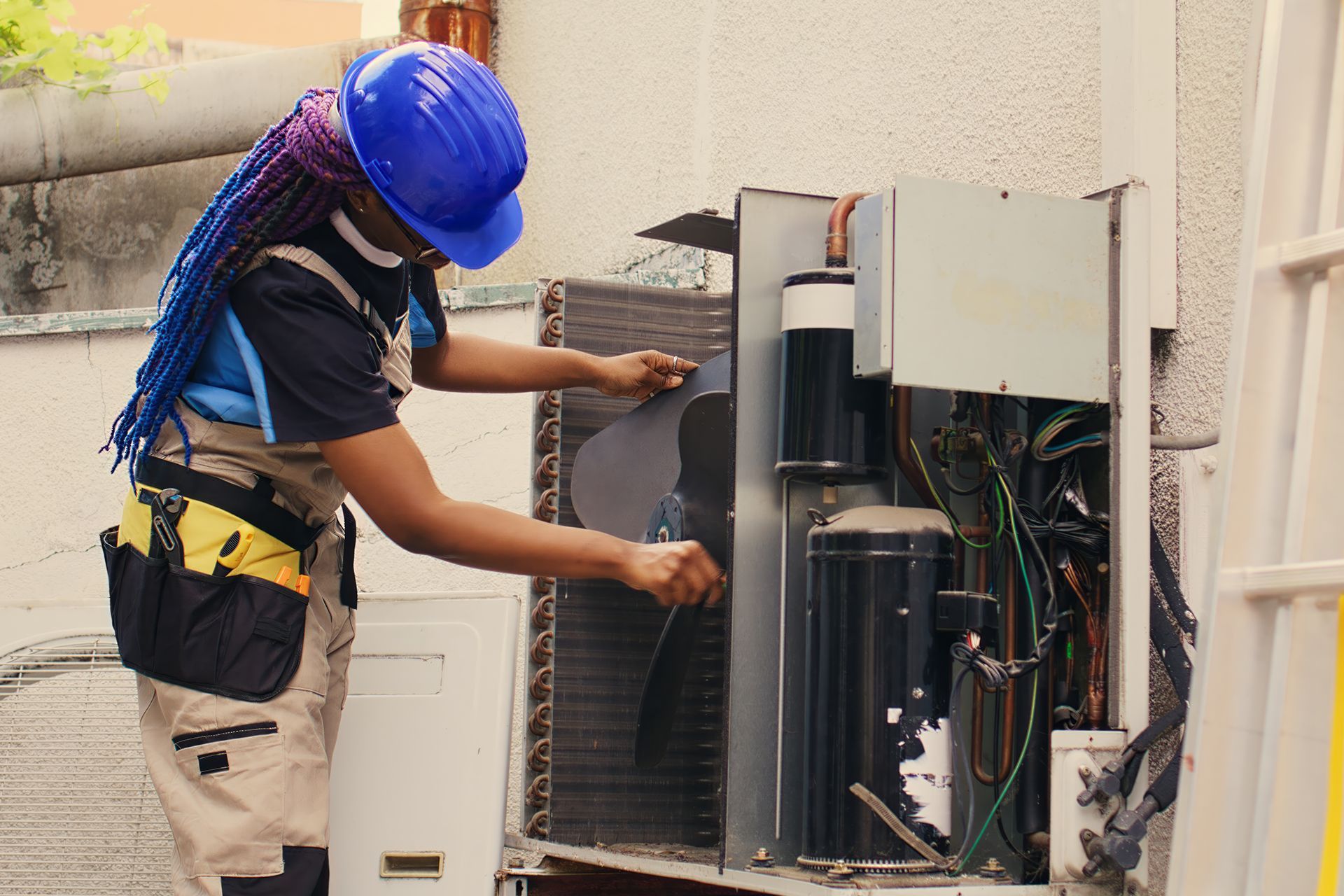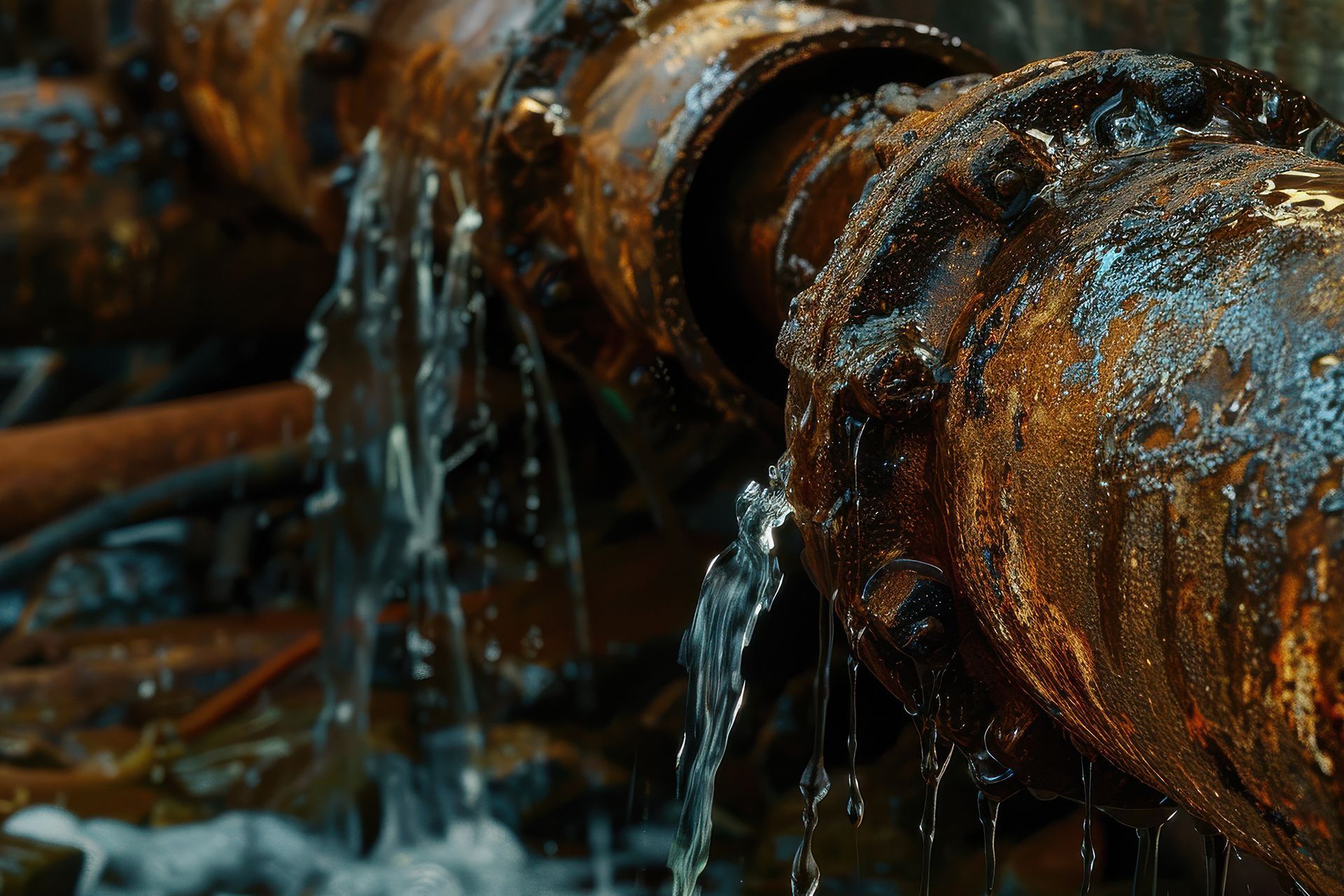How Can I Prevent Future Plumbing Issues?
Home plumbing issues can be a major inconvenience, but with some preventive measures, you can protect your system from common problems. Here’s a guide to keeping your plumbing running smoothly and reducing the chances of costly repairs down the line.
1. Watch What Goes Down the Drain
Being mindful of what goes down your drains can save you from clogs and pipe damage. Avoid flushing items like wipes, paper towels, and feminine products in toilets, and don’t pour grease or coffee grounds down kitchen drains. These materials can lead to severe blockages that may require professional intervention to resolve.
Using drain covers can also help keep food particles and hair out of the pipes. Regularly cleaning these covers will prevent minor buildups from escalating into major clogs, preserving your plumbing’s functionality.
2. Schedule Regular Inspections
Routine inspections by a professional plumber can identify minor issues before they escalate. During an inspection, plumbers check for leaks, corrosion, and overall pipe health. This proactive approach often catches wear and tear that could develop into bigger problems, allowing for timely repairs.
Regular inspections also help you keep tabs on water pressure levels, which can cause issues if too high or low. Investing in routine checkups can extend the life of your plumbing system and minimize costly repairs over time.
3. Insulate Pipes During Winter
Freezing temperatures can cause pipes to burst, leading to water damage and costly repairs. To prevent this, insulate exposed pipes in colder areas, such as basements, garages, and exterior walls. Pipe insulation materials are affordable and easy to install, providing an extra layer of protection against extreme temperatures.
During severe cold, keep faucets slightly open to allow a trickle of water, which helps relieve pressure and prevents pipes from freezing. Small measures like these are especially crucial for homes in regions prone to unexpected cold snaps.
4. Maintain Water Heater Efficiency
Water heaters are essential for everyday comfort, and proper maintenance can help avoid breakdowns. Flushing the water heater tank annually removes sediment buildup that can reduce efficiency and increase energy costs. If you notice your heater isn’t producing as much hot water as it used to, it may be due for a flush or professional inspection.
Consider setting your water heater’s temperature to a safe 120°F to reduce the risk of overheating, lower energy bills, and protect your heater’s longevity.
5. Fix Small Leaks Promptly
Small leaks might seem harmless but can lead to significant water damage and increased bills if left unattended. Periodically check faucets, toilets, and visible pipes for any signs of dripping or moisture, and address them as soon as possible. Even minor leaks can contribute to mold growth and structural damage, especially in concealed areas like under sinks.
If you find leaks in hard-to-reach places, such as behind walls, it may be worth contacting a plumber. Quick repairs save you money in the long term and prevent the hassle of more extensive fixes down the road.
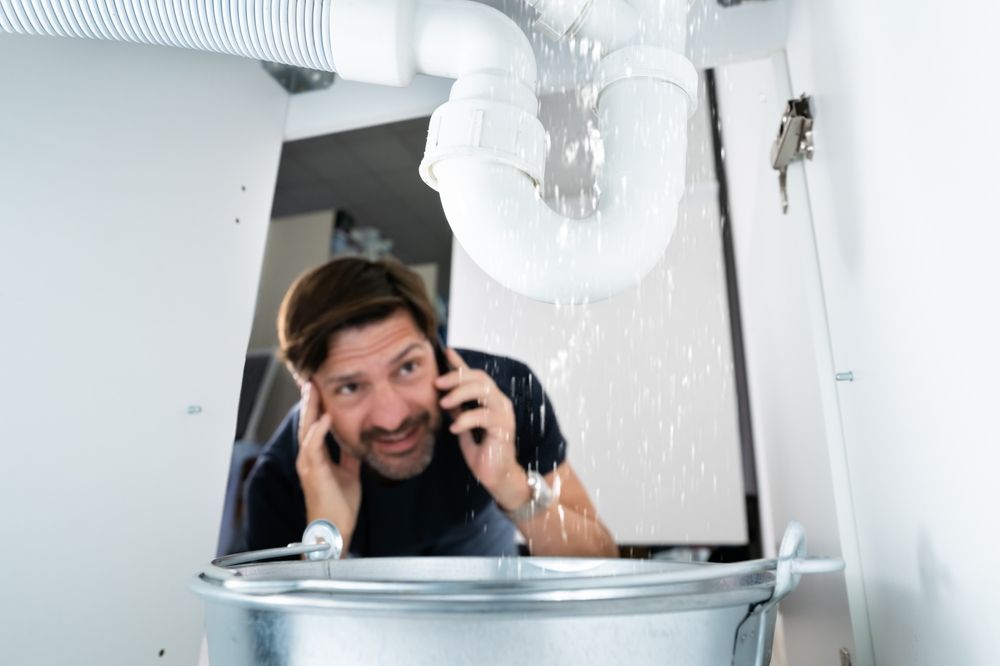
6. Invest in a Water Softener
Hard water can cause mineral buildup in pipes, leading to reduced water flow and potential blockages. Installing a water softener can help reduce the buildup of calcium and magnesium deposits, keeping pipes clean and extending the life of appliances that use water, like washing machines and dishwashers.
Softened water not only keeps your plumbing system efficient but also reduces soap scum and residue on dishes and clothing, making it a beneficial investment for your entire household.
7. Know Where Your Main Water Shut-Off Valve Is
In case of a sudden leak or burst pipe, knowing where your main water shut-off valve is can be a lifesaver. Shutting off the water supply quickly prevents further damage to your home and allows you to address the issue with a clear plan. Familiarize everyone in the household with the valve’s location and ensure it is accessible in emergencies.
Taking the time to locate and label this valve now can save you from potential flooding and water damage when an unexpected issue arises.
8. Upgrade Old Plumbing Fixtures and Pipes
Older homes often have outdated plumbing fixtures or pipes that are prone to corrosion or leaks. Consider upgrading to modern, durable materials like PEX or copper piping, which are less prone to corrosion and more efficient. Low-flow fixtures are also a great choice for conserving water while reducing strain on your system.
Upgrading outdated components can be an investment upfront but can lead to fewer issues and improved water efficiency over time, saving you money and hassle in the long run.
Protect Your Plumbing and Enjoy Peace of Mind
Preventing future plumbing issues is all about being proactive. Regular maintenance, minor upgrades, and routine inspections keep your system running efficiently and help you avoid surprise repairs. If you’re in need of an inspection or professional advice, contact First Service Plumbing, Heating, and Air Conditioning in Midland, TX. Our experienced team is ready to help you protect your home’s plumbing system and ensure it operates smoothly year-round.
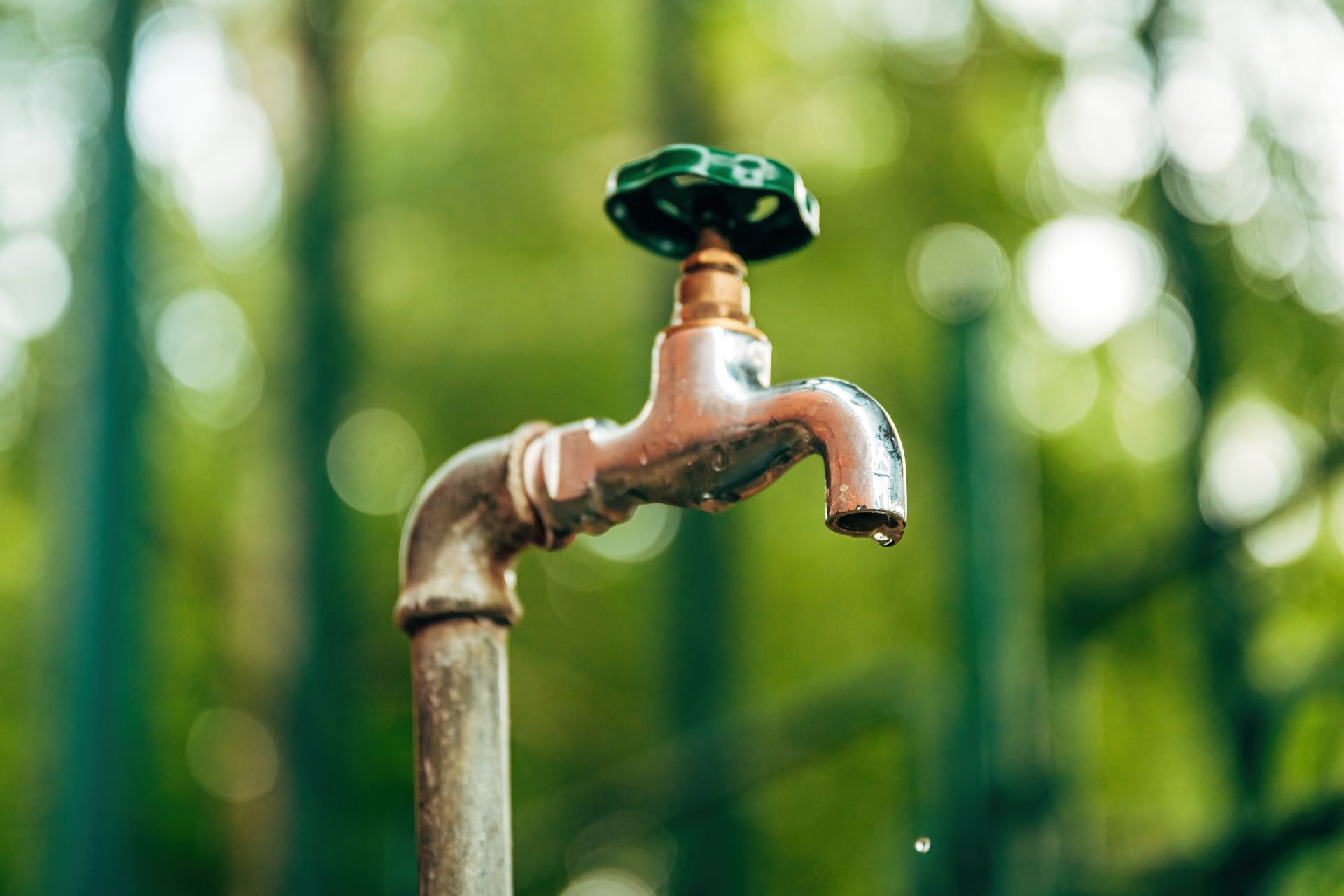
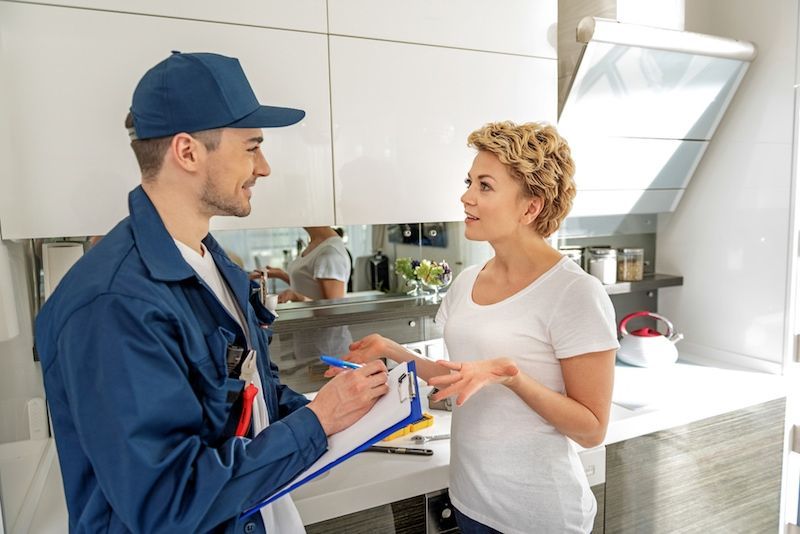
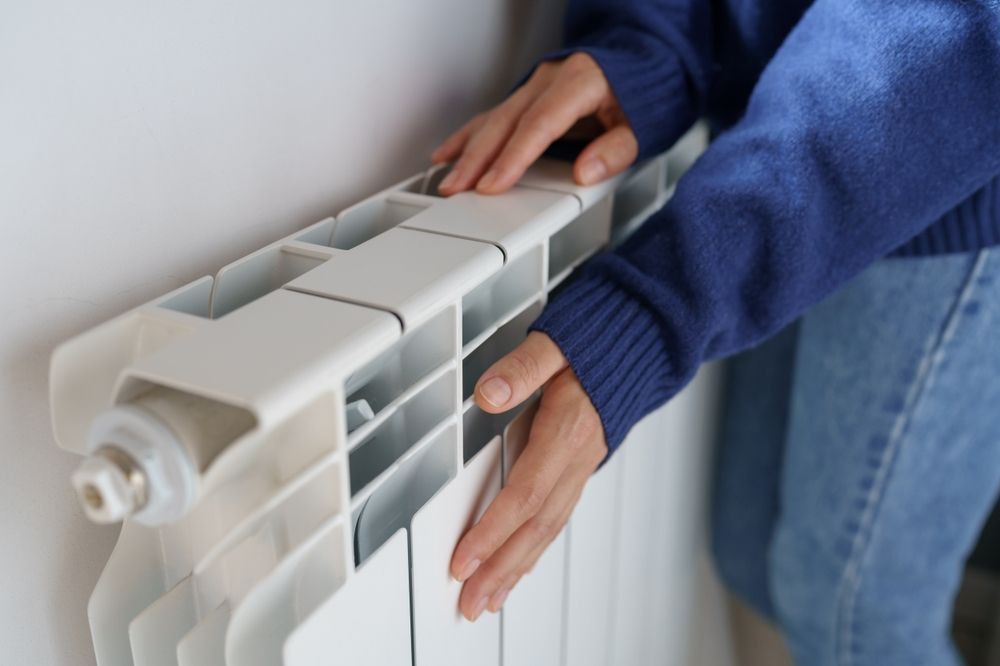
WHY CHOOSE US
Our staff is composed of a variety of specialists, including plumbers and HVAC technicians.
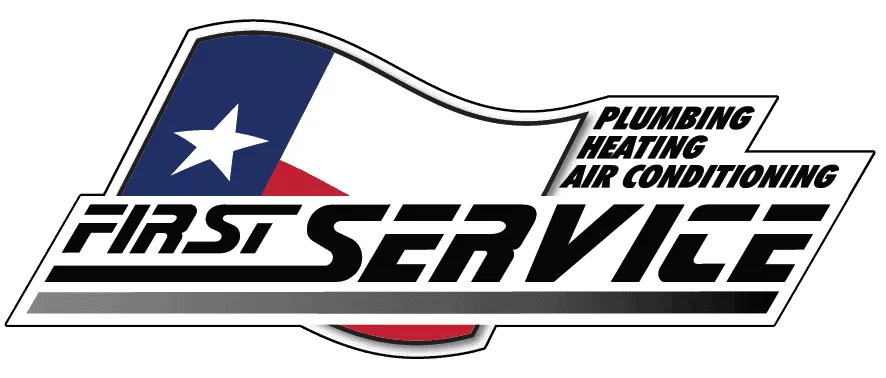
FIRST SERVICE
PLUMBING • HEATING • AIR CONDITIONING
3009 Garden City Hwy
Midland TX 79701
432-685-0003
FIRST SERVICE
PLUMBING • HEATING • AIR CONDITIONING
3009 Garden City Hwy
Midland TX 79701
All Rights Reserved | First Service Plumbing Heating & Air Conditioning | Powered By Aletheia Digital | Privacy
